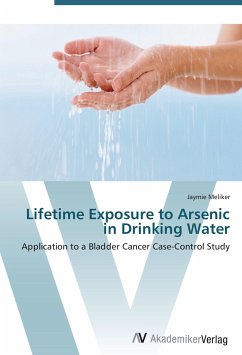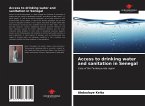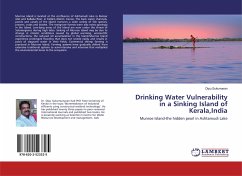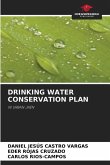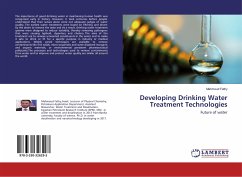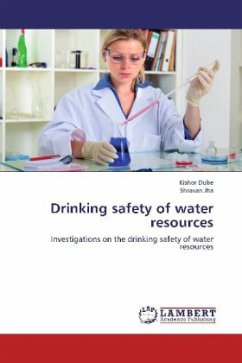Revision with unchanged content. Ingestion of arsenic in drinking water has been linked with the risk of bladder cancer, however, questions remain about the dose-response relationships, ranges in induction-latency intervals, and whether there are critical lifetime exposure periods of heightened susceptibility. This book describes how indivi dual-level estimates of arsenic exposure are reconstructed using newly developed Space-Time Information System technology, and offers methodo logical approaches for evaluating temporal dynamics in the relationship between arsenic exposure and bladder cancer. Spatial, temporal, and spatio-temporal variability are incorporated in the assessment of lifetime exposure to arsenic. Fluid and food consumption data are joined with mobility histories and arsenic concentrations to generate a detailed lifetime asses sment of arsenic exposure. These exposure estimates will be used in a population-based bladder cancer case-control study nearing completion in southeastern Michigan. This work is directed to exposure scientists, environ mental epidemiologists, health geographers, GIScientists, and others interested in the links between environment, human health, and spatial tech nology.
Hinweis: Dieser Artikel kann nur an eine deutsche Lieferadresse ausgeliefert werden.
Hinweis: Dieser Artikel kann nur an eine deutsche Lieferadresse ausgeliefert werden.

